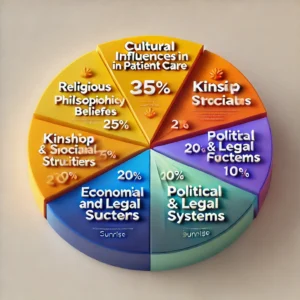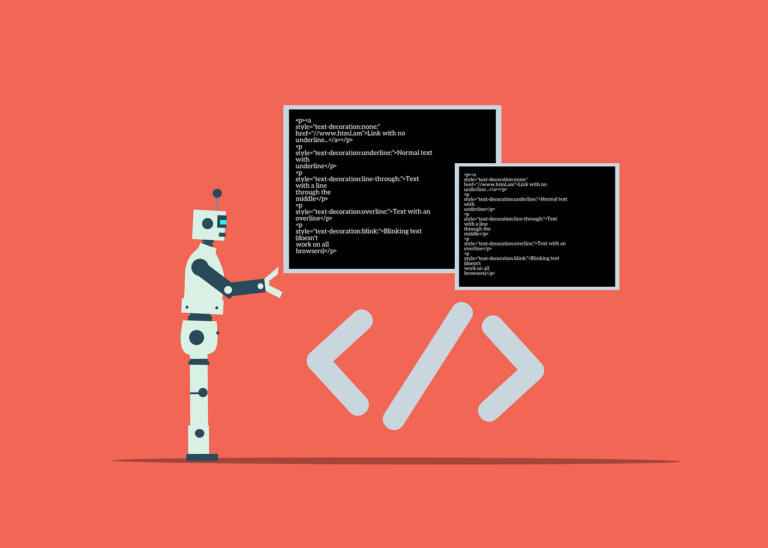Book Appointment Now

Leininger’s Theory of Culture Care Diversity and Universality
Leininger’s Theory of Culture Care Diversity and Universality emphasizes the importance of cultural competence in nursing. Developed by Madeleine Leininger in the 1950s, this theory provides a framework for understanding the relationship between culture and healthcare. It highlights the need for nurses to integrate cultural beliefs, values, and practices into patient care to achieve optimal health outcomes.
This article explores the core components of Leininger’s theory, its applications in various nursing contexts, and includes a table and pie chart for clarity and reader engagement.
Core Concepts of Madeleine Leininger’s Theory
Leininger’s theory is built around the idea that culture is a vital factor influencing human health. The theory is based on the following concepts:
1. Cultural Care Diversity
Cultural care diversity refers to the differences in cultural practices, beliefs, and values related to healthcare across various communities. Recognizing these differences helps nurses provide personalized care.
- Example: Dietary restrictions during illness vary across cultures, such as avoiding certain foods during recovery.
2. Cultural Care Universality
Cultural care universality involves identifying commonalities in care practices that transcend cultural boundaries. These universal practices promote shared understanding and cooperation in healthcare.
- Example: Practices like maintaining hygiene or offering emotional support are universally valued in patient care.
3. Sunrise Enabler Model
The Sunrise Enabler is a conceptual model within Leininger’s theory that guides nurses in understanding and addressing cultural factors influencing care. It includes:
- Technological Factors: This refers to the impact of technology on healthcare practices within different cultures. For instance, access to medical equipment or telemedicine varies greatly and shapes care delivery.
- Religious and Philosophical Beliefs: These beliefs influence patient attitudes towards illness, healing, and end-of-life care. For example, some cultures prioritize spiritual rituals over medical interventions.
- Kinship and Social Structures: Family dynamics, community support, and social hierarchies dictate decision-making and caregiving roles. For instance, in collectivist cultures, families play an active role in healthcare decisions.
- Political and Legal Systems: Policies and regulations governing healthcare access and delivery vary across cultures and impact patient outcomes.
- Economic and Educational Factors: Economic stability and education levels influence patients’ understanding of health issues and their ability to access care. Wealthier, well-educated populations often have better healthcare outcomes.
4. Transcultural Nursing
Transcultural nursing is the application of Leininger’s principles to provide culturally congruent care. It involves:
- Conducting Cultural Assessments: Identifying patients’ cultural backgrounds, health beliefs, and preferences to tailor care.
- Developing Care Plans Based on Cultural Needs: Incorporating cultural practices into treatment plans, such as dietary modifications or preferred healing methods.
- Educating Patients and Their Families About Culturally Sensitive Practices: Empowering families to make informed health decisions while respecting their cultural values.
Grab a 100% custom nursing paper about Leininger’s Theory of Culture Care Diversity and Universality tailored to your instructions.
Get Custom Nursing Paper
Applications of Leininger’s Theory
1. Clinical Practice
In clinical practice, Leininger’s theory empowers nurses to provide care that aligns with the cultural preferences and values of patients. Applications include:
- Respecting Cultural Preferences: Nurses consider patients’ preferences regarding modesty, physical contact, and gender-congruent caregivers.
- Incorporating Traditional Practices: Where appropriate, traditional healing methods, such as herbal remedies or cultural rituals, are integrated into care plans.
- Effective Communication: Employing interpreters or culturally relevant communication strategies to bridge language and cultural gaps.
2. Nursing Education
The theory forms a foundation for teaching cultural competence in nursing curricula. Specific strategies include:
- Curriculum Integration: Incorporating cultural competence topics in core nursing courses.
- Simulation Exercises: Using role-play and simulations to prepare students for real-world cultural challenges.
- Cultural Assessments: Training nurses to identify and document cultural needs systematically.
3. Community Health Nursing
Leininger’s principles are integral in designing culturally appropriate public health interventions. Examples include:
- Culturally Tailored Campaigns: Adapting health messages, such as vaccination drives, to align with cultural norms and beliefs.
- Language-Specific Education: Providing health education in local languages to improve comprehension and engagement.
4. Global Health
In international healthcare settings, Leininger’s theory facilitates culturally congruent care by:
- Respecting Traditions: Acknowledging cultural practices while introducing modern medical interventions.
- Building Trust: Demonstrating cultural awareness to build rapport with diverse communities.
- Collaborative Care: Engaging local health workers who understand cultural nuances.
5. Palliative and End-of-Life Care
Culturally congruent care in palliative settings ensures patients and families feel supported. Applications include:
- End-of-Life Rituals: Honoring traditions surrounding death and mourning.
- Pain Management Preferences: Adapting pain control measures to align with cultural beliefs.
- Family Involvement: Encouraging culturally specific family roles in caregiving and decision-making.
Key Components of Leininger’s Theory
| Component | Description | Example |
|---|---|---|
| Cultural Care Diversity | Differences in cultural beliefs and practices related to healthcare | Dietary restrictions during illness |
| Cultural Care Universality | Commonalities in care practices that transcend cultural boundaries | Hygiene and emotional support |
| Sunrise Enabler Model | Conceptual framework to address cultural influences in care | Analyzing social, religious, and economic factors |
| Transcultural Nursing | Providing culturally congruent care | Incorporating traditional healing methods in care plans |
Cultural Influences in Patient Care

Below is a breakdown of the cultural factors influencing patient care, based on the Sunrise Enabler model:
- Religious and Philosophical Beliefs: 30%.
- Kinship and Social Structures: 25%.
- Economic Factors: 20%.
- Educational Factors: 15%.
- Political and Legal Systems: 10%.
Strengths and Limitations of Madeleine Leininger’s Theory
Strengths
- Structured Framework: Leininger’s theory provides a clear framework for assessing and addressing cultural factors in care.
- Improved Patient Outcomes: By respecting cultural preferences, nurses enhance trust, satisfaction, and overall health outcomes.
- Holistic Perspective: The theory encourages considering cultural, social, and spiritual dimensions of health, promoting comprehensive care.
- Global Applicability: Its principles are relevant across diverse healthcare settings and populations.
- Empowerment Through Education: It fosters cultural competence in nursing education, ensuring future nurses are prepared for diverse environments.
Limitations
- Resource-Intensive: Conducting detailed cultural assessments and providing individualized care can be time-consuming.
- High Dependency on Nurse Expertise: Success relies heavily on nurses’ understanding of cultural dynamics, which may vary.
- Implementation Challenges: Applying the theory in fast-paced, high-pressure environments can be difficult.
- Potential for Oversimplification: Overemphasis on cultural factors may lead to overlooking other critical health determinants.
Leininger’s Theory of Culture Care Diversity and Universality is a cornerstone of culturally competent nursing. By emphasizing the importance of cultural diversity and universality, it ensures that patient care is both personalized and inclusive. The theory’s practical applications in clinical practice, nursing education, and global health highlight its enduring relevance in today’s diverse healthcare landscape.
Leininger, M. (1991). Culture Care Diversity and Universality: A Theory of Nursing. National League for Nursing Press.
Leininger, M., & McFarland, M. R. (2006). Culture Care Diversity and Universality: A Worldwide Nursing Theory. Jones & Bartlett Learning.
Purnell, L. (2013). Transcultural Health Care: A Culturally Competent Approach. F.A. Davis Company.







